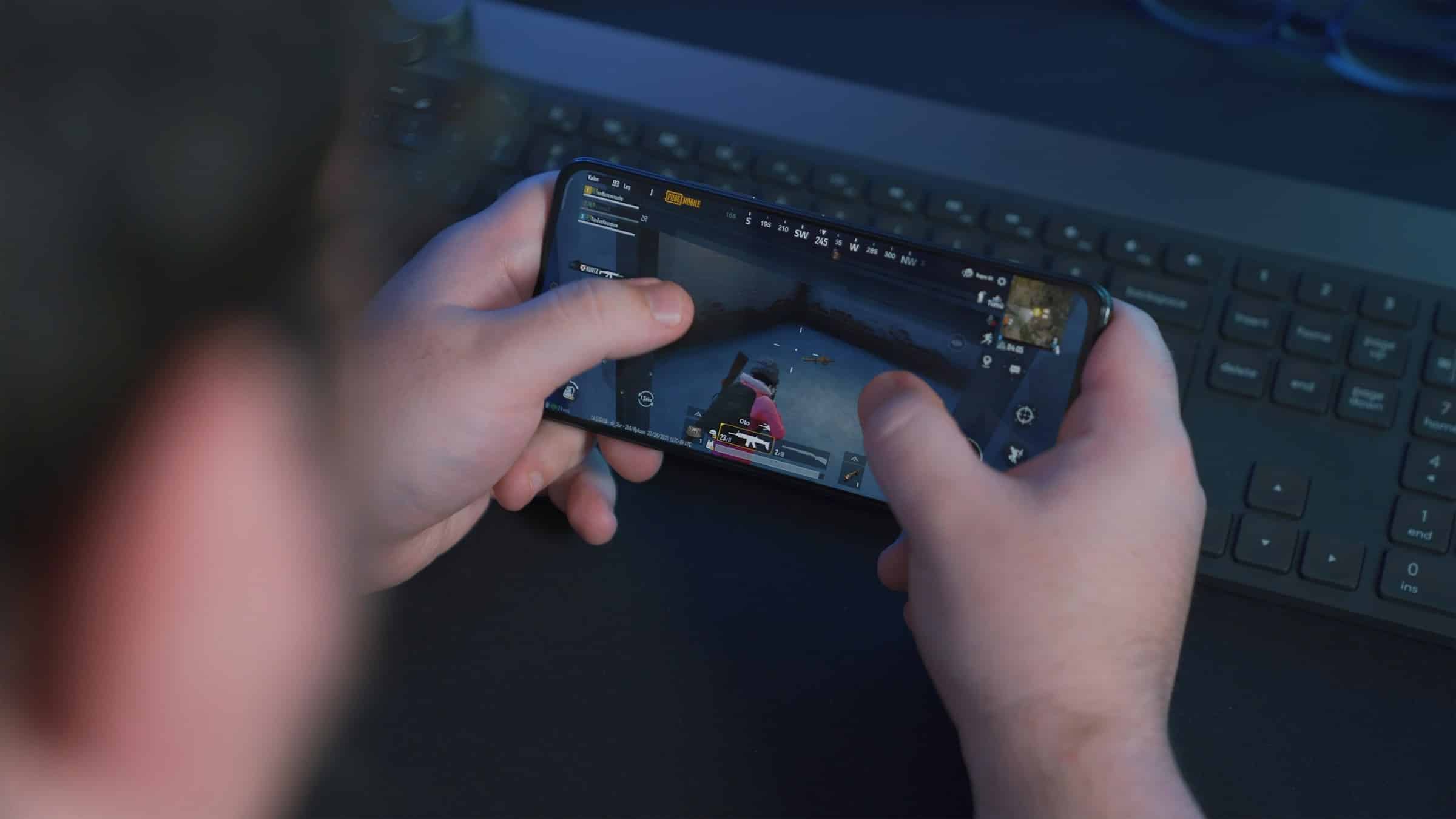What are the challenges of implementing real-time voice synthesis in multiplayer games?

The rapid evolution of speech technology has made it an increasingly integral part of modern multiplayer games. From voice synthesis to voice recognition, these advancements are reshaping the landscape of online games and digital interactions. The integration of real-time voice synthesis in multiplayer games presents both exciting possibilities and significant challenges. This article delves into the crucial aspects of these challenges and what they mean for game developers and players alike.
The Promise of Real-Time Voice Synthesis in Gaming
In recent years, the gaming industry has seen a surge in innovative technologies aimed at enhancing player experiences. Real-time voice synthesis is one such development that promises to revolutionize multiplayer gaming. By enabling generated voices that mimic human speech in real-time, this technology can create more immersive and interactive environments.
Avez-vous vu cela : How can developers create more interactive NPCs using deep learning algorithms?
Imagine a multiplayer game where non-player characters (NPCs) and even player avatars can speak with natural, personalized voices. This could lead to richer storytelling, more engaging gameplay, and a deeper emotional connection between players and the game world. Voice synthesis technologies, based on machine learning and deep learning models, can transform the gaming experience, making it feel more lifelike and dynamic.
However, the journey to achieving high-quality real-time voice synthesis in multiplayer games is fraught with challenges. These hurdles range from technical limitations to ethical considerations and beyond. In the following sections, we will explore these challenges in detail, highlighting the complexities and potential solutions.
A lire aussi : What are the most effective ways to integrate AR into real-time strategy (RTS) games?
Technical Challenges in Voice Synthesis
Integrating real-time voice synthesis into multiplayer games involves overcoming a myriad of technical obstacles. One of the primary challenges is the machine learning models themselves. These models require vast amounts of data to train and optimize, which can be resource-intensive and time-consuming.
Data Collection and Processing
The creation of high-quality synthesized voices depends on extensive data collection and processing. This involves recording a diverse range of human speech samples to train AI models. The data must be meticulously annotated and processed to ensure accuracy and naturalness in the synthesized speech. Achieving this level of precision is a complex task that demands significant content and computational resources.
Real-Time Processing
Another technical challenge is real-time processing. Multiplayer games demand real-time interactions, which means the speech synthesis must occur instantaneously without any noticeable lag. Ensuring real-time performance requires high-quality models and efficient algorithms capable of generating natural-sounding speech on-the-fly. This can be particularly challenging in resource-constrained environments, such as mobile devices or lower-end gaming consoles.
Integration with Game Engines
Integrating voice synthesis technology with existing game engines poses additional challenges. Game developers must ensure that the synthesized voices seamlessly blend with the game's audio environment. This involves synchronizing voice outputs with other in-game sounds and ensuring that the synthesized speech matches the visual context of the game. Achieving this level of integration requires close collaboration between audio engineers, software developers, and AI specialists.
Ethical and Privacy Concerns
Beyond technical challenges, the implementation of voice synthesis in multiplayer games raises important ethical and privacy concerns. These issues must be carefully navigated to ensure that the technology is used responsibly and does not infringe on players' rights or well-being.
Voice Cloning and Authenticity
One ethical concern is the potential misuse of voice cloning technology. Voice cloning allows for the creation of digital replicas of real people's voices, which can be used to impersonate individuals or create misleading content. In the context of multiplayer games, this could lead to scenarios where players' voices are cloned without their consent, leading to potential identity theft or harassment.
Privacy and Data Security
The use of speech technology in multiplayer games also raises questions about privacy and data security. Collecting and processing voice data requires robust security measures to protect players' personal information. Ensuring that players' voice data is anonymized and securely stored is critical to maintaining trust and safeguarding against potential breaches.
Content Moderation
Another ethical challenge is the moderation of user-generated content. Voice synthesis technology can enable players to create and share their own audio content within games. While this can enhance creativity and engagement, it also opens the door to inappropriate or harmful content. Game developers must implement effective content moderation strategies to prevent abuse and ensure a safe gaming environment for all players.
Speech Recognition and Language Barriers
The integration of speech recognition technology is closely related to voice synthesis and presents its own set of challenges. Speech recognition allows players to interact with games using their voices, enabling more intuitive and natural gameplay. However, achieving accurate and reliable speech recognition in a multiplayer setting can be difficult.
Language Diversity
Multiplayer games often have a global player base, which means supporting multiple languages and dialects is essential. Developing speech recognition systems that can accurately understand and process a wide range of languages is a significant challenge. This requires training models on diverse data sets and continuously updating them to accommodate new languages and regional variations.
Noise and Interference
In a multiplayer gaming environment, there can be numerous sources of noise and interference that affect the performance of speech recognition systems. Background noise, overlapping voices, and varying microphone qualities can all impact the accuracy of speech recognition. Developers must implement advanced noise-cancellation algorithms and robust ASR models (Automatic Speech Recognition) to mitigate these issues and ensure clear and reliable voice interactions.
User Accessibility
Speech technology can enhance accessibility in gaming by enabling voice-based controls and interactions. However, it is important to consider players with speech impairments or those in environments where speaking is not feasible. Providing alternative input methods and ensuring inclusivity for all players is crucial to creating an equitable gaming experience.
The Future of Voice Synthesis in Gaming
Despite the challenges, the future of voice synthesis in multiplayer games is promising. As artificial intelligence and machine learning technologies continue to advance, we can expect significant improvements in the quality, efficiency, and versatility of voice synthesis systems.
Advancements in AI Models
Ongoing research and development in deep learning and machine learning are driving advancements in voice synthesis technologies. New models are being developed that can generate more natural and expressive synthesized speech, closely mimicking the nuances of human speech. These models are also becoming more efficient, enabling real-time performance even on less powerful hardware.
Personalization and Customization
One exciting possibility is the personalization and customization of synthesized voices. Future voice synthesis systems may allow players to create unique voices that reflect their personalities and preferences. This could lead to more personalized and engaging gaming experiences, where players feel a stronger connection to their in-game avatars and characters.
Enhanced Integration with Game Mechanics
As voice synthesis technology becomes more sophisticated, we can expect deeper integration with game mechanics and storytelling. Synthesized voices could be used to create dynamic dialogue systems, where NPCs and player avatars respond intelligently and naturally to player actions. This could lead to more immersive and interactive narratives, where players' choices have a tangible impact on the game's story and world.
Implementing real-time voice synthesis in multiplayer games presents both exciting opportunities and formidable challenges. The technical hurdles of data collection, real-time processing, and integration with game engines must be carefully navigated to achieve high-quality synthesized speech. Ethical and privacy concerns must also be addressed to ensure responsible use of voice synthesis technology.
Despite these challenges, the future of voice synthesis in gaming is bright. Advancements in machine learning and artificial intelligence are paving the way for more natural and expressive synthesized voices. As these technologies continue to evolve, we can look forward to more immersive and interactive multiplayer gaming experiences that bring players closer to the game world and each other.
In summary, voice synthesis technology holds great potential for transforming multiplayer games, but its implementation requires careful consideration of technical, ethical, and practical factors. By addressing these challenges, game developers can unlock new possibilities for innovation and create richer, more engaging gaming experiences for players worldwide.
